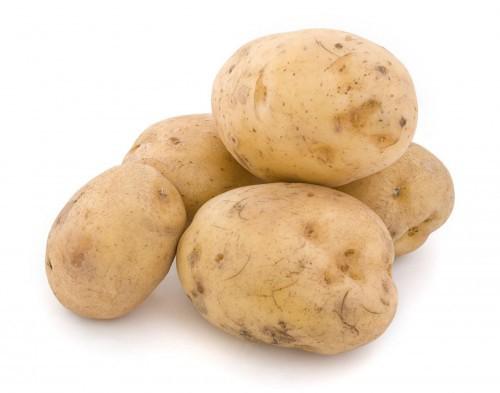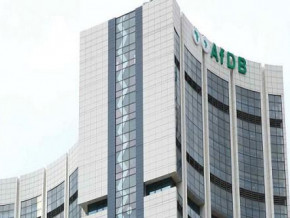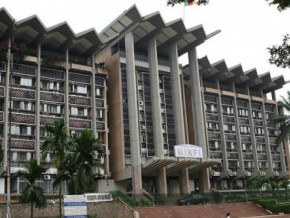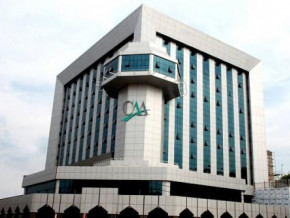
Yaoundé - 26 April 2024 -
Agriculture
Call for tenders to create a potato-processing plant in Cameroon

(Business in Cameroon) - The Cameroonian Ministry of Industry has just issued a call for tenders to hire a research firm to conduct a technical, institutional and financial study on behalf of the government to create a potato-processing project for Kumbo in the North-West region.
According to statistics provided by the National Potato Revival Programme, Cameroon produces between 220,000 and 400,000 tonnes of this staple each year, depending on the climate and other natural factors.
Seventeen percent of production is exported to neighbouring countries. Over 80% of national production originates in the West and North-West regions.
Mags frontpage
- Most read 7 days
- shared 1 month
- read 1 month
next
prev






























